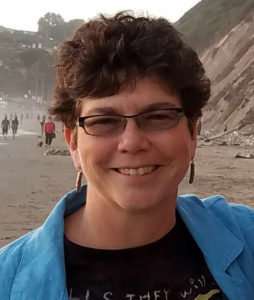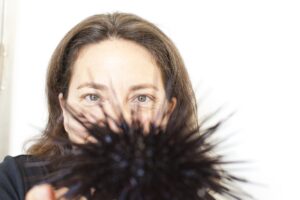Principal Investigator Joseph LaManna
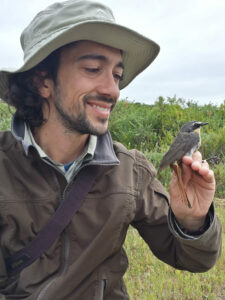
Co-principal Investigator Ivan Arismendi, Oregon State University, Department of Fisheries, Wildlife, and Conservation Sciences, H.J. Andrews Experimental Forest and LTER site
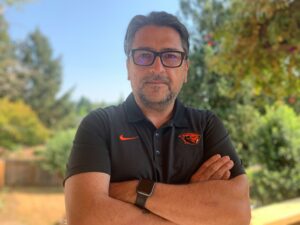
Co-principal Investigator Gretchen Hofmann, Santa Barbara Coastal LTER, UC Santa Barbara
Credit: Credit: University of California
Education Coordinators
Dr. Kari O’Connell, STEM Research Center, Oregon State University
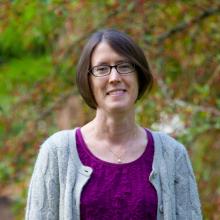
Amanda Morrison, Arctic LTER Education Coordinator
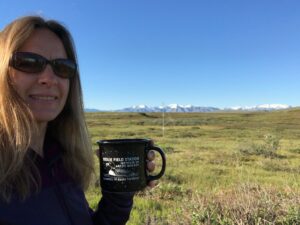
Scott Simon, Santa Barbara Coastal LTER Education Coordinator
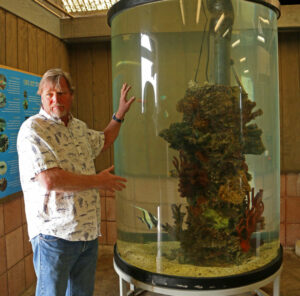
LTER Network Office
Marty Downs, Director, LTER Network Office
